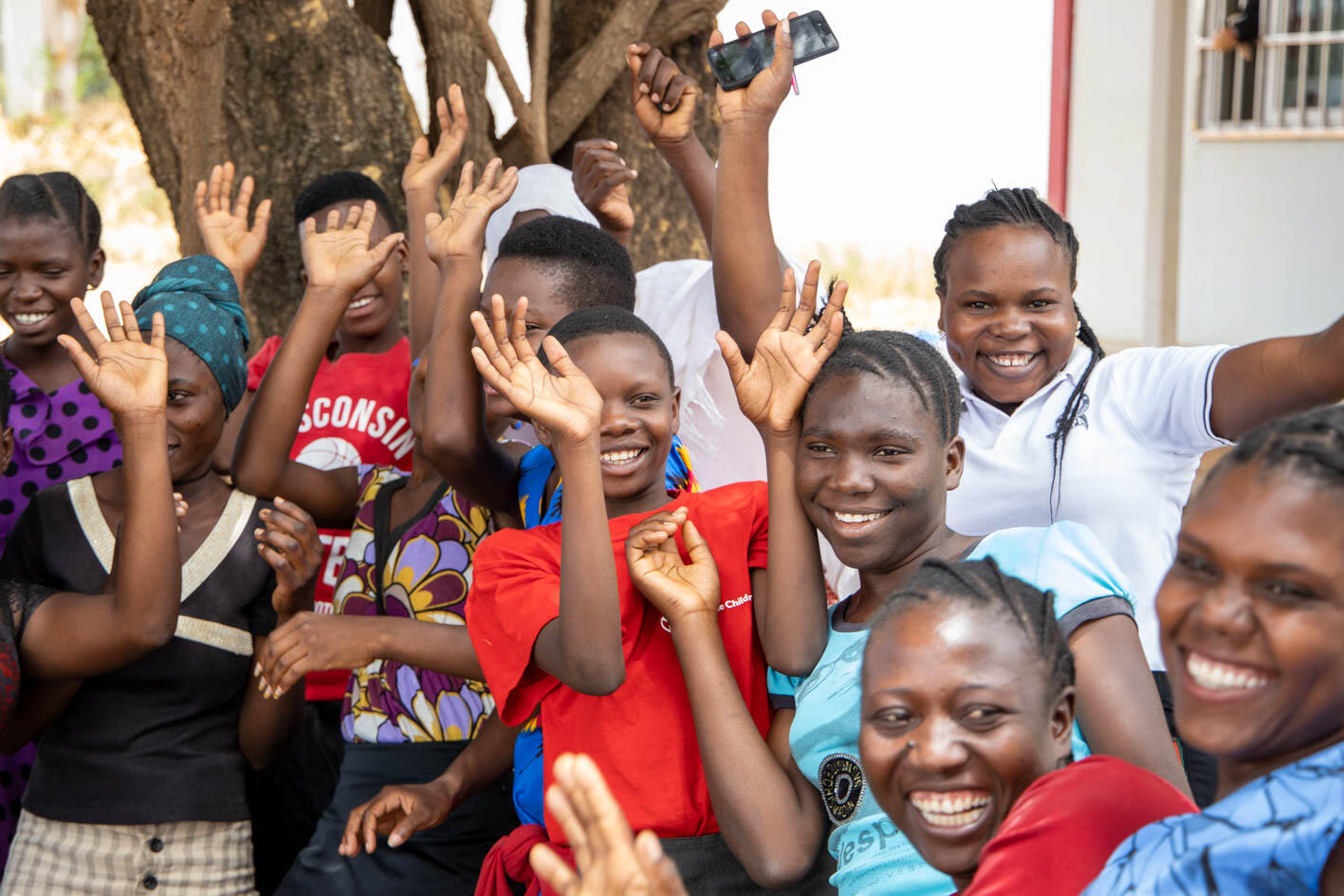A three-year Joint UNFPA and UN Women Programme supported by the Korea International Cooperation Agency (KOICA) was launched today in Ikungi District, Singida Region, Tanzania.
The Joint Programme will combine the strengths of the three partners to improve the lives of some of the furthest behind women and girls in Ikungi District, Singida Region and Msalala District, Shinyanga Region and accelerate the achievement of gender equality, as expressed in national, regional and global development goals including the Tanzania Development Vision 2025, the Agenda 2063: The Africa We Want and Sustainable Development Goal (SDG) 5 of the 2030 Agenda.
Shifting social norms
In spite of government commitment, sexual, psychological, physical, and economic violence and other harmful practices – such as child marriage and female genital mutilation – remain a reality for many women and girls in Singida and Shinyanga, underpinned by social norms that continue to limit their ability to participate in economic and social life and their access to productive assets such as land. Creating platforms that build the agency of women and girls to uphold their rights to participate, including through Adolescent Girls Clubs, vocational training and Women’s Protection Committees, and increasing their productivity in the agricultural sector, will be a priority of the programme.
Efforts will also focus on strengthening gender-based violence (GBV) prevention and response systems and achieving positive and sustainable shifts in social norms and values around women’s economic agency, land rights and GBV and harmful practices through community mobilization and improved access to paralegal support, Police, Gender and Children’s Desks and One Stop Centres for GBV survivors.
Advancing together
The launch in Ikungi District, Singida Region, is the first of two launches, which mark the culmination of a two-year process of consultations with district and regional authorities, frontline actors, including the Tanzania Police, community organizations, faith-based leaders and women and girls – who will be at the heart of programme activities – each with a unique role, different strength and comparative advantage to deliver on the collective result – a better and more equal world for women and girls in Ikungi and Msalala Districts and more widely in Singida and Shinyanga Regions.
The Joint Programme will contribute to advancing gender equality efforts and leverage the strengths of sister agencies to ensure that rural women and girls are not left behind.
Accelerating progress towards gender equality
“Creating a better and more inclusive future for women and girls in Tanzania is an integral part of the UN’s interventions in Tanzania”, stated UN Resident Coordinator, Zlatan Milišić. “The Joint Programme will contribute to advancing gender equality efforts and leverage the strengths of sister agencies to ensure that rural women and girls are not left behind.”
The Joint Programme is part of the United Nations Development Assistance Plan II, which supports the Government of the United Republic of Tanzania to achieve its objectives in its national visions, and is in line with national strategic frameworks to advance gender quality and women’s empowerment including the Agriculture Sector Development Plan II, the National Plan of Action to End Violence Against Women and Children (2017/18-2021/22) and the Village Land Act.
Gender equality has been a top priority in Korea’s development cooperation. The country has been a staunch supporter of adolescent girls and women’s rights, recognizing that their empowerment and well-being constitute a powerful indicator – and accelerator – of sustainable development.


